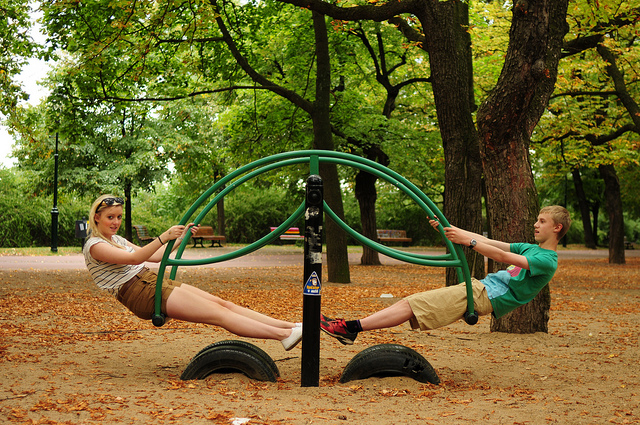
In economics, most of our models of the market/economy assume some stylised but ultimately unrealistic assumptions. For example, they assume perfect information, or risk neutrality, or rational decision making on the part of various actors. The second best equilibrium is the equilibrium that occurs in our imperfect world, where (as we all know) those stylised assumptions don't actually hold.
Here’s the kicker: sometimes, and maybe even often, the best response in a second-best world is to tweak our decision on one of the other variables.
For example, suppose I’m making a sandwich in a first-best world. The mayo I use has the perfect level of wetness; the bread I use is crispy and super-fresh. All good. Now: what will happen in the second-best world, where my bread is actually a few days old? Even if I have on hand some perfect mayo (that is, perfect for the first-best bread), I might be better off using some other mayo (say, a wetter mayo) that compensates for the deficiencies in my imperfect bread.
As a more-serious real-world example, Wikipedia cites the case of mining monopoly that causes pollution. The government is unable to do anything about the pollution, but it is able (if it chooses) to break up the monopoly. In normal circumstances, economists would say that breaking up monopolies is a positive thing. However, since increasing competition also leads to increasing production and increasing production will (in this case) lead to increasing pollution, it’s possible (though it depends on the details) that breaking up the monopoly will have a negative impact on society overall. In a second-best world where companies aren’t internalising the negative impacts of their decisions, it might also be the case that other things which economists would normally consider optimal (such as competitive markets) are not optimal either.
Further Reading: Wikipedia: Theory of the Second Best

Uri Bram writes popular non-fiction books with a conceptual approach to mathematical, scientific and analytical thinking. He is the author of Thinking Statistically and Write Harder.